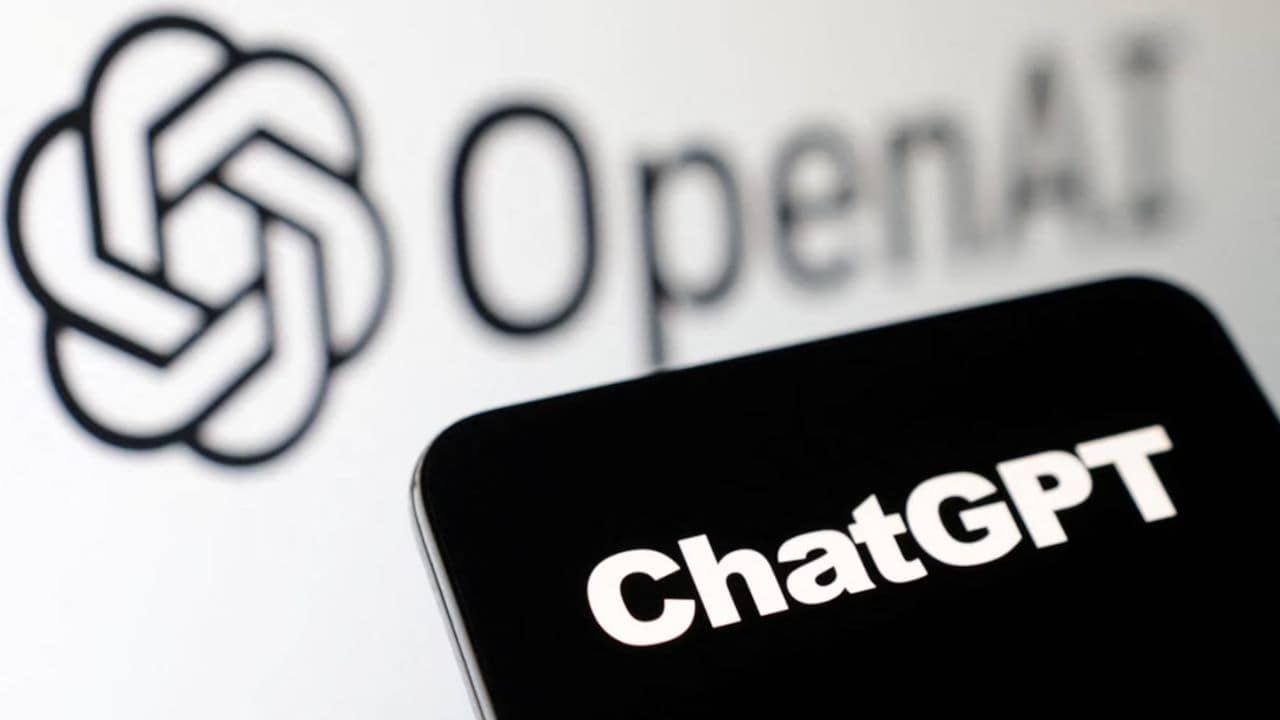Suchir Balaji, a 26-year-old Indian-American and former researcher at OpenAI, was found dead in his San Francisco apartment on Buchanan Street on November 26. While authorities have not confirmed the cause of death, the San Francisco Police Department has stated that there is “currently no evidence of foul play.” Balaji, who had worked at OpenAI for four years, left the company in the wake of mounting allegations against it.
Balaji’s death has drawn heightened attention in light of his recent public accusations against OpenAI, the maker of ChatGPT. In an interview with The New York Times, Balaji claimed that OpenAI had violated U.S. copyright laws by using copyrighted material without permission to train its generative AI models. He described his decision to leave the company as an ethical stance, saying, “If you believe what I believe, you have to just leave the company.”
Balaji had also shared his concerns through a tweet, clarifying that it was he who reached out to The New York Times to present his perspective, describing himself as someone with unique insights into the development of these AI systems. “I thought I had an interesting perspective as someone who’s been working on these systems since before the current generative AI bubble,” he wrote.
I recently participated in a NYT story about fair use and generative AI, and why I'm skeptical "fair use" would be a plausible defense for a lot of generative AI products. I also wrote a blog post (https://t.co/xhiVyCk2Vk) about the nitty-gritty details of fair use and why I…
— Suchir Balaji (@suchirbalaji) October 23, 2024
— Elon Musk (@elonmusk) December 14, 2024
His revelations quickly gained widespread attention, contributing to ongoing legal challenges faced by OpenAI. Critics of the company have seized on Balaji’s insider knowledge as a pivotal element in their broader claims that OpenAI had improperly used intellectual property in the training of its models.
